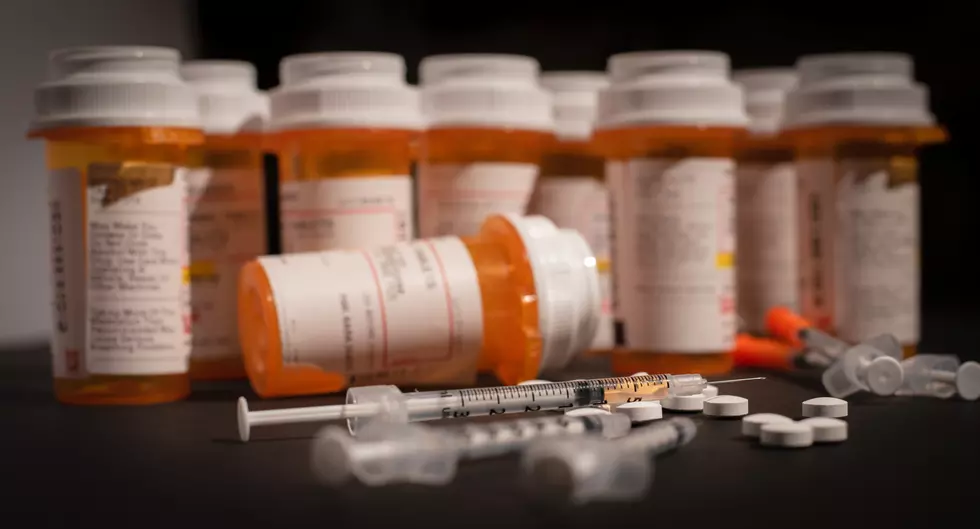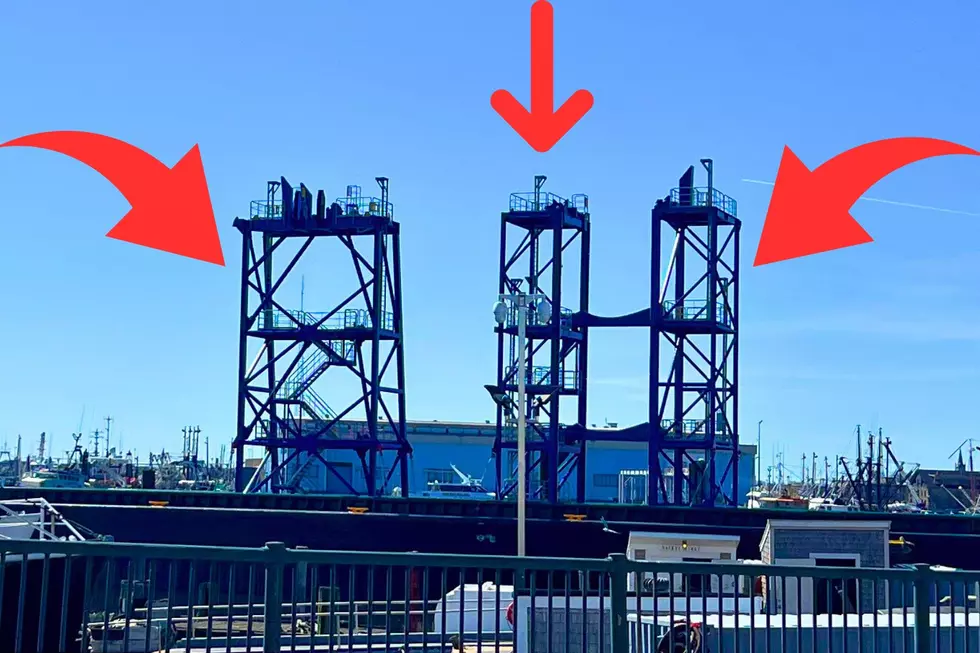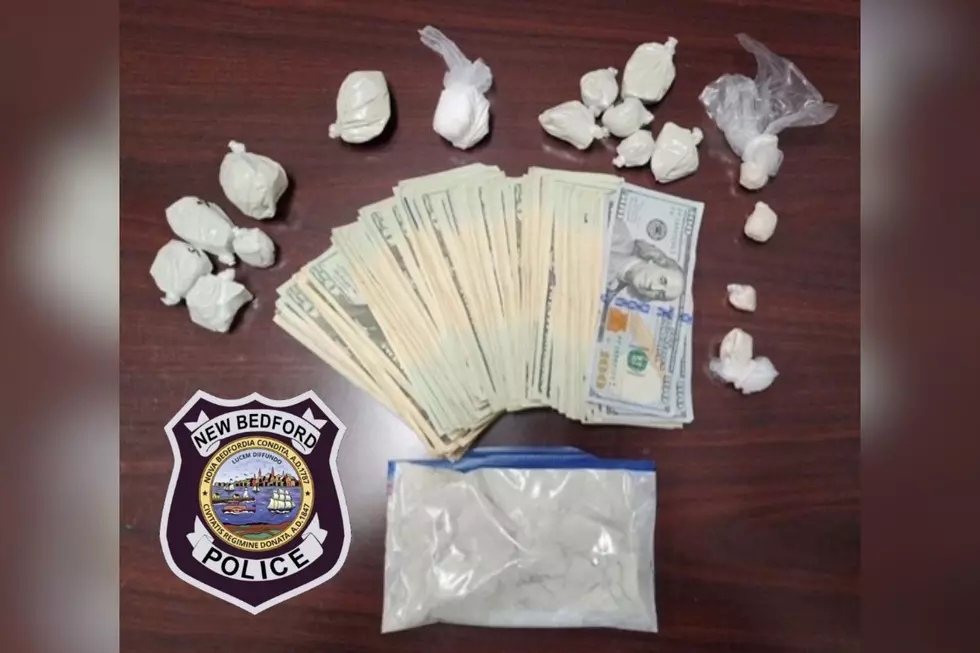
Mass. DPH: Opioid Overdose Deaths Decline in New Bedford in 2020
Opioid overdose deaths in Massachusetts rose by 5 percent in 2020, marking the first increase in three years and climbing to a level slightly higher than the previous peak in 2016.
Public health officials on Wednesday announced that in 2020 -- a year marked by the COVID-19 pandemic and the new challenges it created in accessing health care and social supports -- 2,035 people died of confirmed overdose deaths, and predictive modeling suggests there will be another 66 to 70 deaths in 2020, once those cases are finalized.
As of Tuesday, the coronavirus had claimed 17,344 lives in Massachusetts.

The DPH's total of 2,104 confirmed and estimated opioid deaths in 2020 is up from the 2,002 recorded in 2019, and slightly above the previous record high of 2,102 in 2016.
The rate of opioid overdose deaths statewide was 30.2 per 100,000 people, or about 1 percent lower than the 30.6 recorded in 2016. The DPH's quarterly opioid report described that difference as not statistically significant.
"Likewise, the increase in 2020 from 2019 is not statistically significant," the report said, describing the uptick from 28.7 per 100,000 in 2019. "Taken together, this indicates that the opioid-related overdose death rate has been stable for the past several years."
Among ethnic and racial groups, Black non-Hispanic males experienced the largest spike in opioid-overdose death rates over the year, with that figure surging from 32.6 to 55.1 per 100,000 people in 2020.
"The disparities in overdose trends among Black men underscore the need to continue our public health-centered, data-driven approach to the opioid epidemic that is disproportionately impacting high-risk, high-need priority populations," Dr. Monica Bharel, the state's public health commissioner, said in a statement. "Too many families have lost loved ones to overdoses and we remain steadfast in our commitment to providing recovery supports needed, especially for those hardest hit by the opioid crisis."
Fentanyl was present in 92 percent of opioid deaths where a toxicology report was available in 2020, according to the DPH, and heroin was detected in 14 percent.
"Since 2016, the percentage of heroin or likely heroin present in opioid-related overdose deaths has decreased, and benzodiazepine has been declining since 2018," the report said. "Cocaine has increased since 2014, and amphetamines have increased since the fourth quarter of 2016."
The Department of Public Health, in a press release, singled out a handful of communities that it said experienced notable increases or decreases in fatal opioid overdoses from 2019 to 2020. Boston was among the cities and towns with notable increases, along with Brockton, Holyoke, Salem, Stoughton, Weymouth, and Worcester.
Notable decreases were recorded in Attleboro, Lawrence, Leominster, Lowell, Lynn, New Bedford, Northampton, Taunton, and Westfield.
Public health officials over the past year have flagged concerns about overdose risks during the pandemic, pointing to challenges like social isolation, changes to drug supplies, avoidance of treatment because of fear of contracting COVID-19, and the economic and mental health tolls wrought by the ongoing crisis.
The DPH said national figures put Massachusetts "among the states with the smallest increases in all drug overdose deaths," pointing to preliminary Centers for Disease Control and Prevention data showing that drug overdose deaths shot up 29 percent nationally between September 2019 and September 2020.
"Both the COVID-19 pandemic and the opioid epidemic have underscored the importance of supporting disproportionately impacted communities, and as we address both issues, our Administration has continued to focus on equity as a core component of our response," Gov. Charlie Baker said. "While Massachusetts experienced a smaller increase in drug-related deaths compared to the rest of the country, these trends make clear we have to redouble our efforts. That's why we have continued to ensure access to life-saving tools like naloxone, focus on prevention strategies especially in communities of color, and provide pathways to treatment and supports for those struggling with addiction."
— Katie Lannan, State House News Service
READ MORE: See 50 remote jobs that can pay well
More From WBSM-AM/AM 1420









